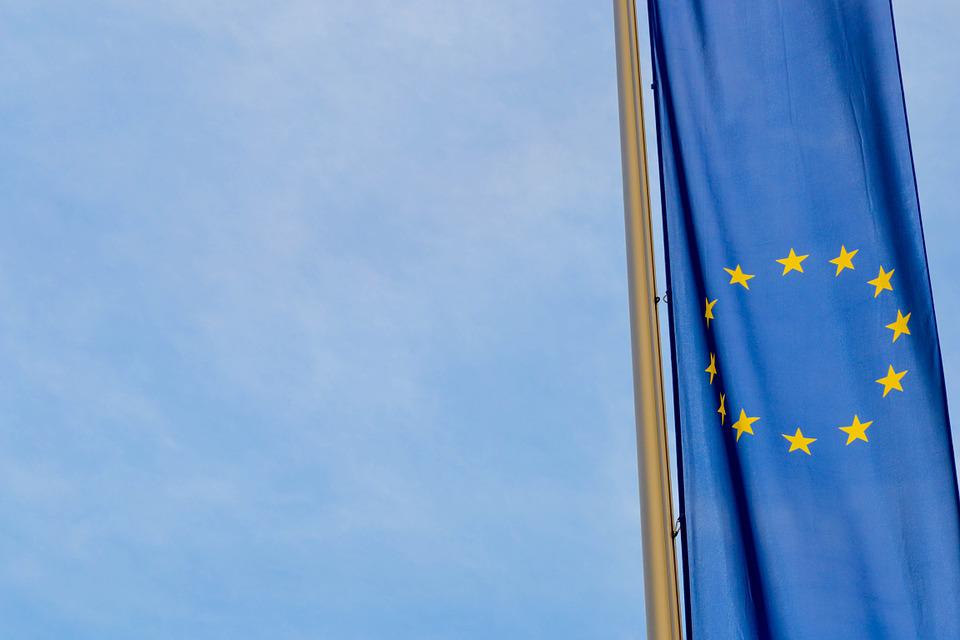As the war in Ukraine is moving towards its seventh month, among the sanctions called for by Ukraine was a visa ban on Russians. Officials from the European Union reveal that in the upcoming conference of EU foreign ministers, a possible visa ban may be agreed upon.
EU officials said that the bloc may agree on tightening visas for Russians in the upcoming conference by the foreign ministers in Prague on Tuesday and Wednesday. The defense ministers of the bloc will also meet in Prague to discuss potentially training Ukrainian forces as the war continues.
Regarding visa tightening for Russians, an EU diplomat said Monday that the foreign ministers may agree on the principle of suspending a visa facilitation agreement. This would mean that Russians would be required to pay 80 euros instead of 35 euros for EU visas, and also face a lengthy process to obtain such visas.
“The result of Gymnich will probably not be an agreement to widen sanctions by including visas,” the diplomat told Reuters, referring to the conference of foreign ministers. “But the facilitation agreement will be the first step, and we will talk about how to include visas in the sanctions.”
The Czech Republic, the current EU president, has already stopped issuing visas to Russians and has called for an EU-wide visa ban on Russian tourists. Baltic countries have also backed the idea.
However, the EU’s foreign policy chief Josep Borrell and other countries such as Germany have opposed the move, saying that it would cut off escape routes for dissidents and potentially breach EU rules.
In the meeting with German Chancellor Olaf Scholz, Czech Republic Prime Minister Petr Fiala said Monday that exemptions would be made for Russian opposition figures and human rights figures in the visa ban.
The countries that share a border with Russia: Estonia, Latvia, Lithuania, Finland, and Poland, may decide to issue visa bans on their own should the bloc not agree to an EU-wide ban, according to Lithuanian foreign minister Gabrielus Landsbergis.
Scholz said Monday that Germany would maintain its support for Ukraine “for as long as it takes” in his remarks at the Charles University in Prague. Scholz added that amidst Russia’s invasion of Ukraine, the 27 EU countries must “close ranks, resolve old conflicts, and find new solutions.”



 Taiwan Says Moving 40% of Semiconductor Production to the U.S. Is Impossible
Taiwan Says Moving 40% of Semiconductor Production to the U.S. Is Impossible  Antonio José Seguro Poised for Landslide Win in Portugal Presidential Runoff
Antonio José Seguro Poised for Landslide Win in Portugal Presidential Runoff  Trump Allows Commercial Fishing in Protected New England Waters
Trump Allows Commercial Fishing in Protected New England Waters  Ohio Man Indicted for Alleged Threat Against Vice President JD Vance, Faces Additional Federal Charges
Ohio Man Indicted for Alleged Threat Against Vice President JD Vance, Faces Additional Federal Charges  Sydney Braces for Pro-Palestine Protests During Israeli President Isaac Herzog’s Visit
Sydney Braces for Pro-Palestine Protests During Israeli President Isaac Herzog’s Visit  US Pushes Ukraine-Russia Peace Talks Before Summer Amid Escalating Attacks
US Pushes Ukraine-Russia Peace Talks Before Summer Amid Escalating Attacks  Trump Administration Appeals Court Order to Release Hudson Tunnel Project Funding
Trump Administration Appeals Court Order to Release Hudson Tunnel Project Funding  Federal Judge Restores Funding for Gateway Rail Tunnel Project
Federal Judge Restores Funding for Gateway Rail Tunnel Project  New York Legalizes Medical Aid in Dying for Terminally Ill Patients
New York Legalizes Medical Aid in Dying for Terminally Ill Patients  Trump Congratulates Japan’s First Female Prime Minister Sanae Takaichi After Historic Election Victory
Trump Congratulates Japan’s First Female Prime Minister Sanae Takaichi After Historic Election Victory  Japan Election 2026: Sanae Takaichi Poised for Landslide Win Despite Record Snowfall
Japan Election 2026: Sanae Takaichi Poised for Landslide Win Despite Record Snowfall  U.S. Lawmakers to Review Unredacted Jeffrey Epstein DOJ Files Starting Monday
U.S. Lawmakers to Review Unredacted Jeffrey Epstein DOJ Files Starting Monday  Jack Lang Resigns as Head of Arab World Institute Amid Epstein Controversy
Jack Lang Resigns as Head of Arab World Institute Amid Epstein Controversy  Trump Backs Nexstar–Tegna Merger Amid Shifting U.S. Media Landscape
Trump Backs Nexstar–Tegna Merger Amid Shifting U.S. Media Landscape  Trump Says “Very Good Talks” Underway on Russia-Ukraine War as Peace Efforts Continue
Trump Says “Very Good Talks” Underway on Russia-Ukraine War as Peace Efforts Continue  Ghislaine Maxwell to Invoke Fifth Amendment at House Oversight Committee Deposition
Ghislaine Maxwell to Invoke Fifth Amendment at House Oversight Committee Deposition 































